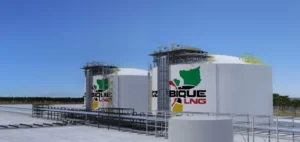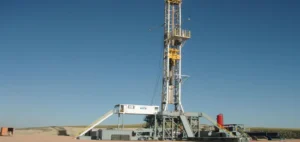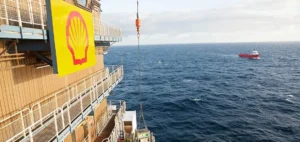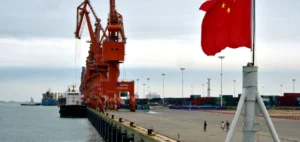Bolivia will send less gas to Argentina in the coming winter. However, Argentina has long depended on Bolivian gas. Especially for domestic use and power plants.
Since the Russian invasion of Ukraine, Argentina has been looking for alternative gas supplies. Indeed, the country also suffers the consequences of the war.
In April, an agreement between Argentina and Bolivia concerning the shipment of liquefied natural gas (LNG) had even been concluded between the two countries. Bolivia was expected to send about 14 million cubic meters of natural gas per day to Argentina or more during the winter of 2022. However, following Bolivia’s decision, the amount could be cut in half the following year.
The Argentine government spokesman states:
“They offered less, they asked for more and they were negotiating. They (Bolivia) have a very sharp drop in production and commitments with Brazil and Argentina, as well as a growing domestic market.”
Argentina turns to domestic production
Argentina hopes to reduce its dependence on gas from Bolivia and deal with the consequences of the war in Ukraine. As a result, it hopes that a new pipeline from the Vaca Muerta shale formation will allow it to slowly begin supplying it domestically starting in 2023.
Vaca Muerta in Patagonia, Argentina is one of the world’s largest reserves of shale oil and gas. Discovered in 2010 by Argentine engineers and scientists from the Repsol YPF company, the formation stagnated for 10 years.
In addition, data from consulting firm Rystad Energy shows that oil and gas production in Vaca Muerta is running up against the limit of what pipelines can carry.
As a result, the Argentine government is building infrastructure. It also plans new export terminals near Buenos Aires. The government is also working on an LNG bill to send to Congress in hopes of stimulating investment.
In addition, the first stage of this pipeline is expected to be completed in 2023. Adding a capacity of 24 million m3/day. In a second stage, it will add 44 million m3/day to the country’s current total of about 120 million m3/day.
Vaca Muerta could thus become a key global gas supplier as the world seeks alternatives to Russia, whose energy industry has been heavily sanctioned for its invasion of Ukraine.






















